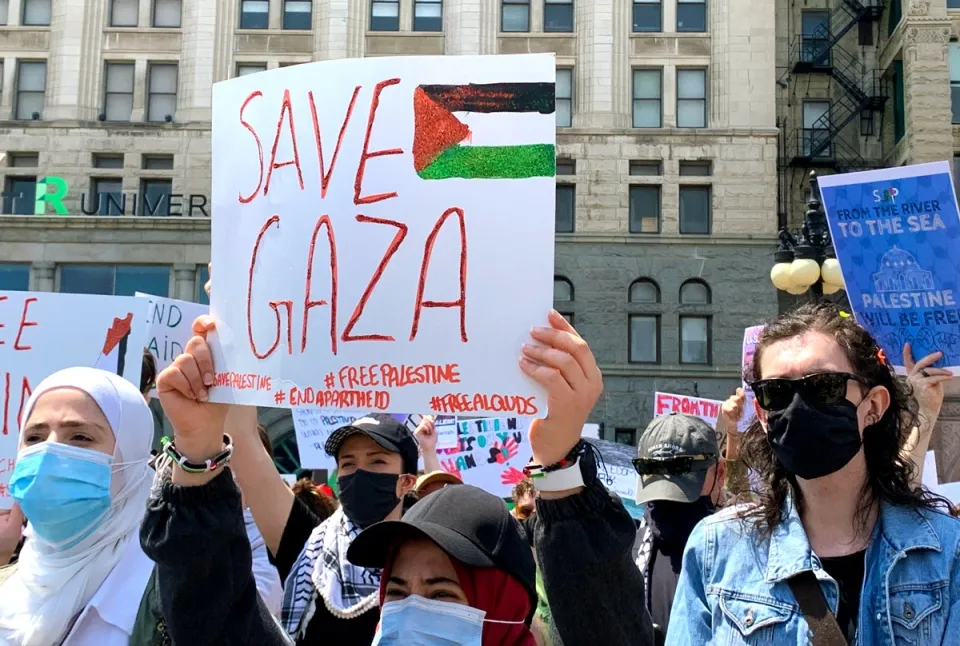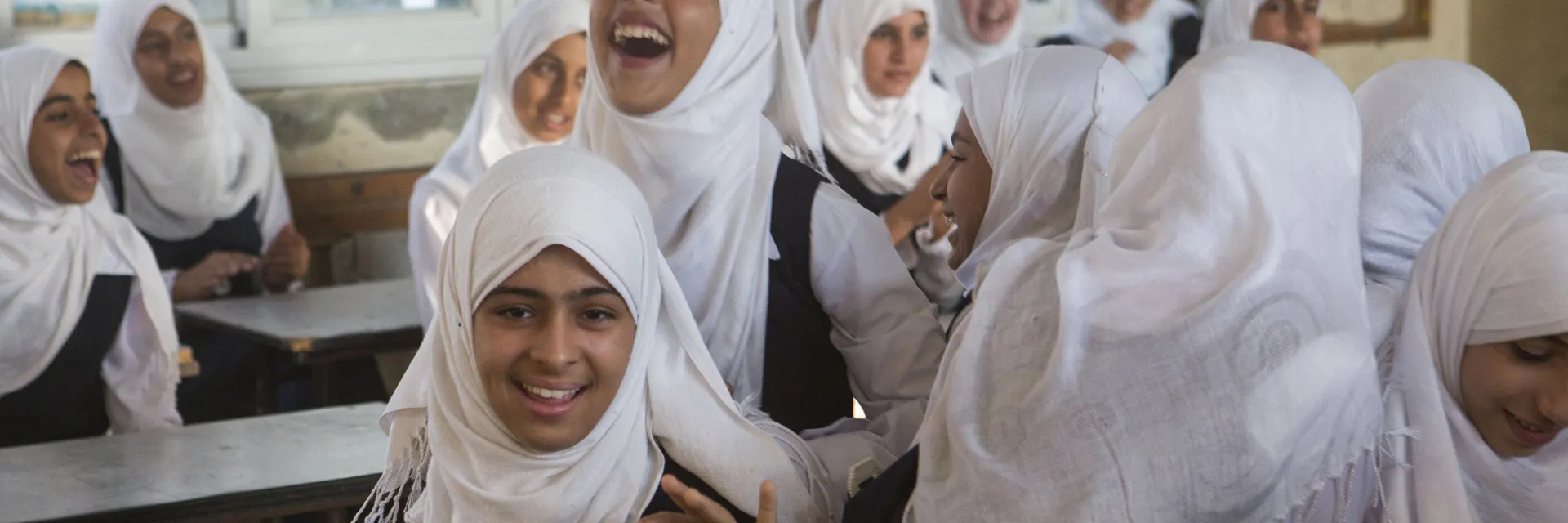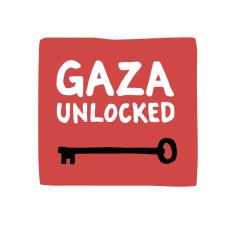The blockade has had a devastating impact on students of all ages in Gaza.
Each year, thousands of college-age students are effectively barred from finishing their education because they are denied permission to leave Gaza to study in the West Bank or elsewhere. Students are not allowed to leave even when there is no program in Gaza for their area of study. If a student receives a visa to travel internationally, including to the United States, there is no guarantee that they will receive permission from Israel to leave. In rare cases when students are able to leave, they often cannot return to visit their families while pursuing their studies, for fear that they will not be allowed to leave again.
The blockade also prevents any academic connections between Gaza and the rest of the world, preventing teachers or professors from participating in professional development, exchanges, or research projects between Gaza and the outside world.
In addition to the blockade, Israel’s frequent assaults have damaged and destroyed Gaza’s educational infrastructure. During the 2014 attacks on Gaza, 252 schools were damaged and seven were destroyed. During Israel’s 2021 attack on Gaza, at least 186 schools were damaged, including 136 government schools, 13 private schools, and 37 UNRWA schools. Four thousand students were displaced from their homes during the aggression.
Gaza faces a shortage of schools and requires an additional 200 schools to meet the needs of a growing population, but these schools cannot be built because of Israel’s restrictions on importing building materials. This shortage of schools has led to severe overcrowding in most Gaza schools, many of which operate with “double shifts” – hosting one school in the morning and another in the afternoon.
Quick Facts: Impacts of the Blockade on Education
-
During the 2014 Israeli attack on Gaza, 252 schools were damaged and seven were destroyed by Israeli airstrikes. And during Israel’s 2021 attack on Gaza, at least 186 schools were damaged.1 Educational facilities are protected spaces under international law. 2
-
Since September 2000, Israel has banned all movement between the Gaza and the West Bank by students and academics, taking away Gaza resident’s choice to obtain degrees in various fields not offered by universities in Gaza.
-
Students wishing to study in international institutions are frequently denied the right to travel, even if they have visas from host countries and support from international educational institutions.
-
Nearly all of Gaza’s public schools are forced to offer multiple shifts a day, cutting educational opportunities in half for students, due to the severe school shortage. Even with multiple shifts, in the 2020-2021 academic year there were over 41 students per class at UNRWA schools, over 39 at governmental schools, and over 21 per class at private schools. 3
-
At various points during the 15 years of the blockade, Israel has banned the import of basic school supplies into Gaza, including textbooks, pencils, lab equipment, computers, and paper.iv Israel prevents Gaza from accessing 3G data services, causing Gaza’s internet network to crash over ten times an hour on average, and making remote learning during COVID difficult to impossible. 4
-
Over half of the children in Gaza are estimated to be in need of continuous psychosocial support, which impacts education. 5
1 Al Mezan Center for Human Rights, “Fact Sheet on Obstacles to Accessing Education in the Gaza Strip” (August 2021).
2 United Nations, General Assembly, ”Promotion and protection of the rights of children, Children and armed conflict: Report of the Secretary-General, A/70/836“ (20 April, 2016).
3 Al Mezan Center for Human Rights, “Fact Sheet on Obstacles to Accessing Education in the Gaza Strip” (August 2021).
4 Gisha, "Restrictions on the transfer of goods to Gaza: Obstruction and obfuscation" (January 2010).
5 Gisha, “Remote Learning” (Oct. 2020).
6 Middle East Monitor, ”Half of Gaza children need mental health support: UNRWA” (November 2021)

What can you do?
Demand an immediate end to the blockade on Gaza: U.S. government policy officially supports Israel’s continued blockade on Gaza even as it faces humanitarian collapse and the disastrous effects of four major Israeli aggressions. The blockade is illegal and immoral and must end. Organize in solidarity, take part in protests, and contact your elected officials and demand that they call for an immediate change in U.S. government policy and an end to Israel’s blockade on Gaza. Join the growing Palestine rights movement to educate, advocate, and demand change.
Learn More
The following organizations in the occupied Palestinian territory and Israel address and challenge Israel’s policies on Gaza:


